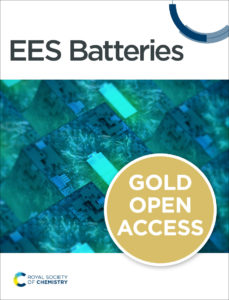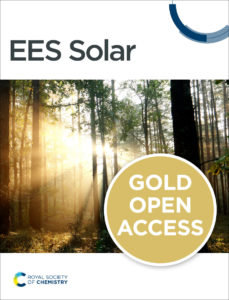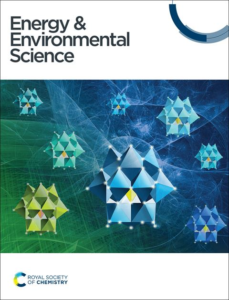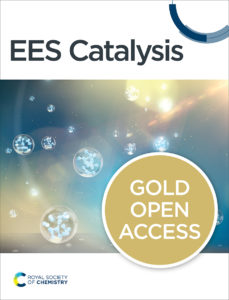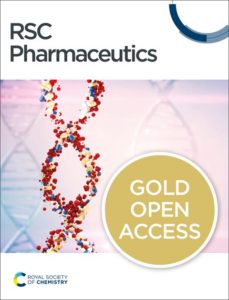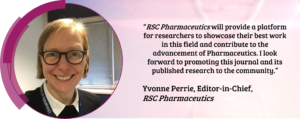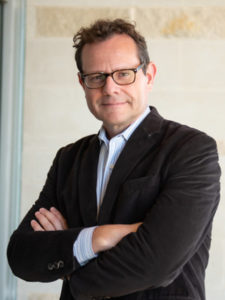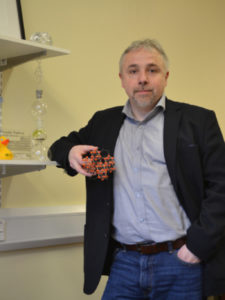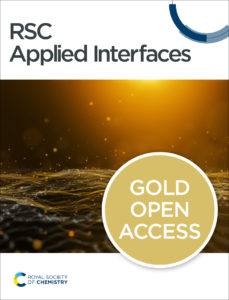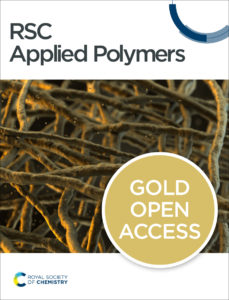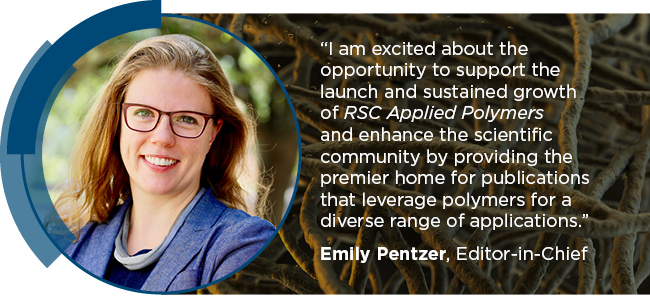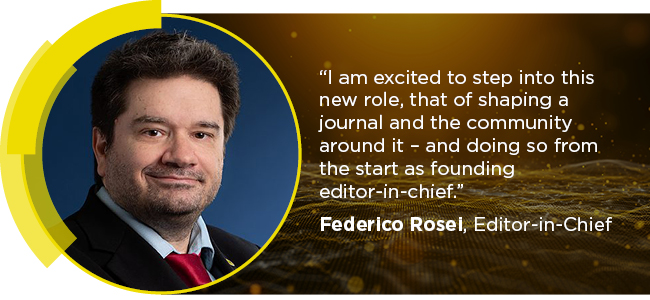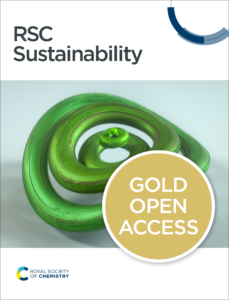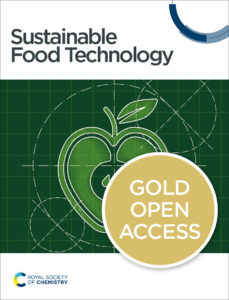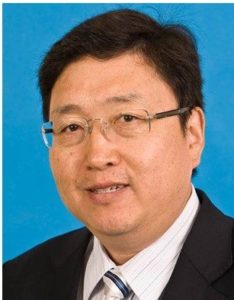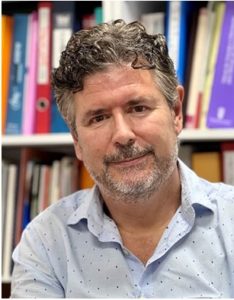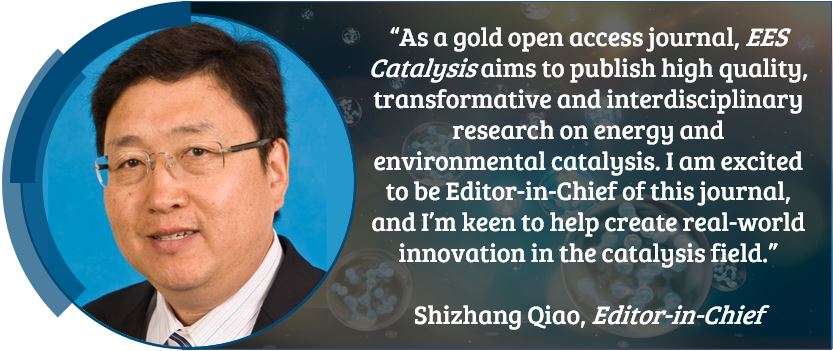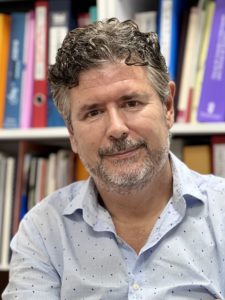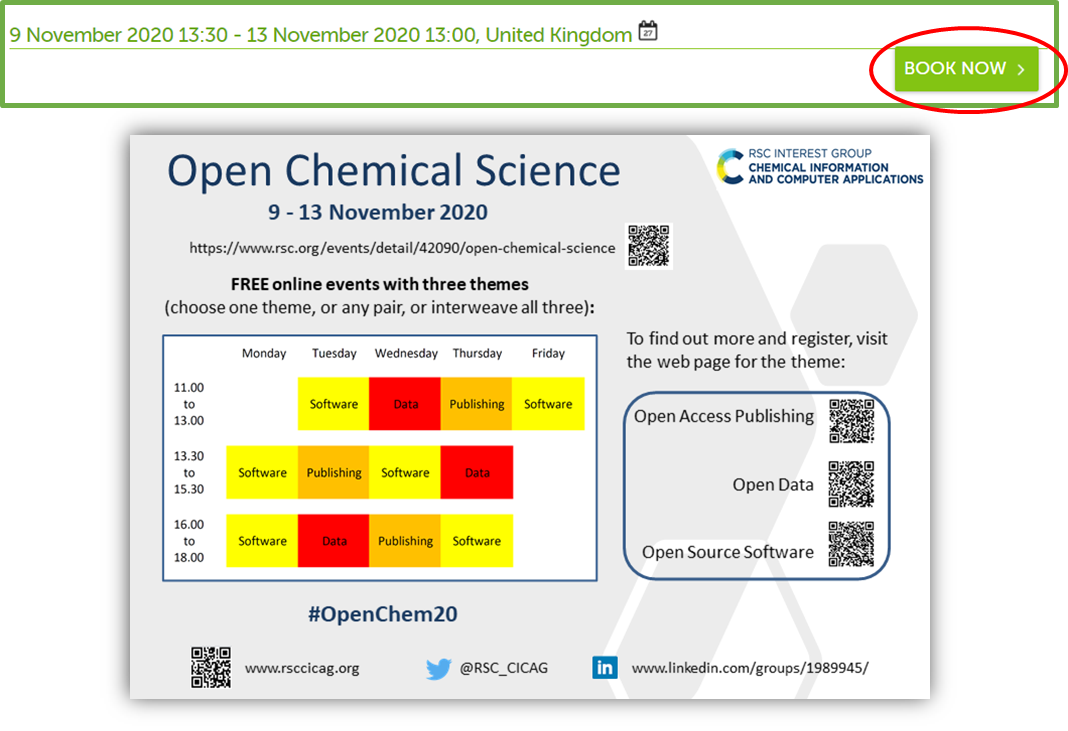
We are delighted to introduce you to our Editors-in-Chief of the two new, recently announced Royal Society of Chemistry journals: EES Batteries and EES Solar, part of the EES family journals.
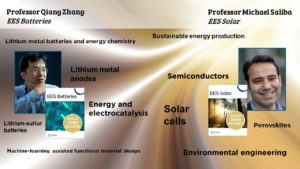
Dr Qiang Zhang is a full professor in the Chemical Engineering Department, Tsinghua University, China. His group mainly focuses on advanced energy chemistry and energy materials, including dendrite-free lithium metal anodes, lithium sulfur batteries, electrolytes, solid state batteries, and energy electrocatalysis. Find out more here and on Dr Zhang’s group webpage here. You can also read some of Dr Zhang’s recent research below:
A brief history of zinc–air batteries: 140 years of epic adventures
Jia-Ning Liu, Chang-Xin Zhao, Juan Wang, Ding Ren, Bo-Quan Li and Qiang Zhang
Energy Environ. Sci., 2022,15, 4542-4553.
A data-driven bifunctional oxygen electrocatalyst with a record-breaking ΔE = 0.57 V for ampere-hour-scale zinc-air batteries
Jia-Ning Liu, Chang-Xin Zhao, Juan Wang, Xuan-Qi Fang, Chen-Xi Bi, Bo-Quan Li, Qiang Zhang
Joule, 2024, 8, 1804-1819.
Prof. Michael Saliba is a full professor and the director of the Institute for Photovoltaics (ipv) at the University of Stuttgart. He holds a dual appointment at the Helmholtz Research Center Jülich, Germany. His research focuses on a fundamental understanding of optoelectronic materials with an emphasis on emerging perovskites for a sustainable energy future. Find out more here and read some of Professor Saliba’s recent research below:
All-perovskite tandem solar cells: from fundamentals to technological progress
Jaekeun Lim, Nam-Gyu Park, Sang Il Seok and Michael Saliba
Energy Environ. Sci., 2024, 17, 4390-4425.
Overcoming ionic migration in perovskite solar cells through alkali metals
Clara A. Aranda, Agustin O. Alvarez, Vladimir S. Chivrony, Chittaranjan Das, Monika Rai, Michael Saliba
Joule, 2024, 8, 241-254.
EES Batteries and EES Solar open for submissions later this year, sign up for email alerts below to be one of the first to find out news about the journals.
Sign up for e-alerts from EES Batteries here |
Sign up for e-alerts from EES Solar here |











